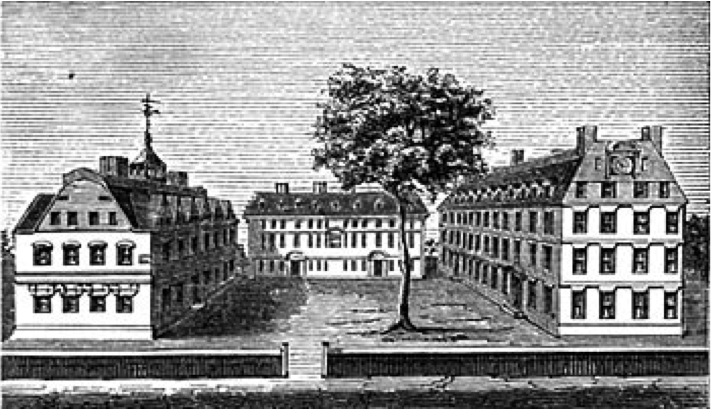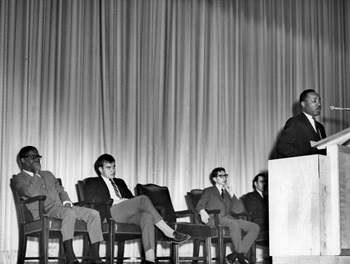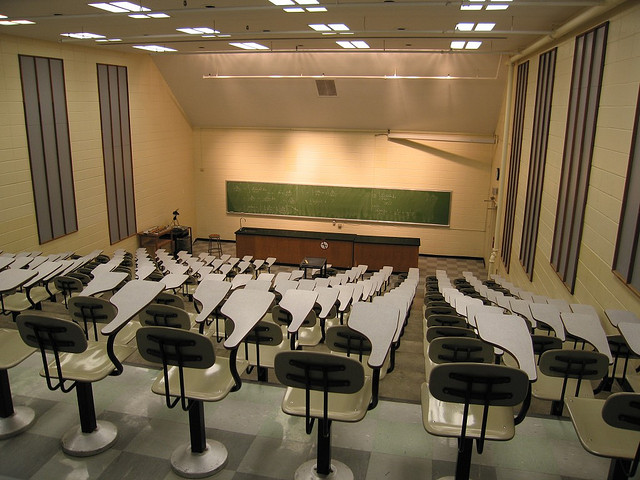Faculty are under enormous pressure today. Most professions are probably being asked to do more with less. Yet, I contend the working environment for faculty has changed dramatically—and not for the better—in recent years. The 3rd annual Times Higher Education (THE) University Workplace Survey includes troubling data that faculty complaints aren’t just a U.S. problem. There is substantial concern about a lack of faculty voice in decision making. Faculty don’t feel like they are heard or have a say in setting institutional strategy and priorities. This is a failure of university leadership.

The THE survey asked 3,000 faculty and staff from 150 U.K. Universities about the status of their work. They found a troubling pattern of faculty concerns regarding job security, workload, academic standards, accountability measures, and faculty input on decisions.
Clearly, many of these issues are significant and warrant attention by institutional leaders.
However, I am most troubled by the finding of a lack of faculty voice in decision making.





